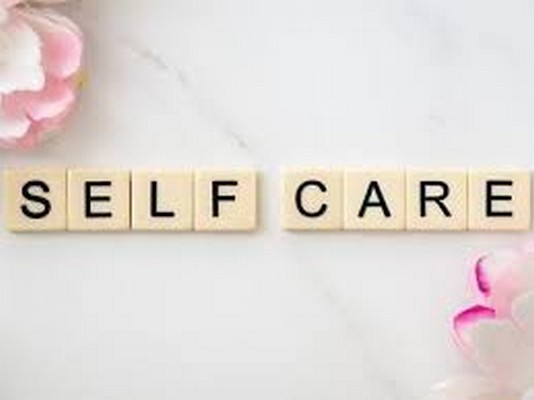
Your mental health is affected by many variables in your life, such as diet, exercise, sleep, relaxation and overall mental attitude. An essential part of making sure these variables are working for the benefit of your mental health is focusing on self-care. Self-care is a broad concept that centers on finding ways to take care of yourself. Here are some of the benefits self-care provides for your mental health.
Increase Energy
Increased energy affects your mental health by allowing you to be more active and participate in physical activities. Staying active improves your overall attitude. There are many methods of self-care that can increase your energy. Focusing on getting enough sleep is a great starting point. Your body and your mind need adequate rest time to recharge and heal.
Devices and treatments are available that can help you increase your energy. Users of these devices have documented the energizing power of an infrared sauna. This sauna uses light to directly increase your body’s temperature rather than the surrounding air like a traditional sauna. The infrared rays used are known to have healing powers similar to sunlight.
Another way to increase your energy through self-care is to modify your diet. If you eat healthy foods with plenty of fruits and vegetables, you will increase your stamina. You should avoid processed foods or foods high in sugar.
Exercise also increases your energy levels, especially if you commit to a regular physical activity program. Working out may not seem like self-care because it can be challenging, but you are taking care of your mind and body with regular exercise.
Manage Stress
Self-care can also help you manage stress. Keeping your stress levels low is good for your mental health. A regularly worried mind will focus on negative things that will impact your attitude and outlook on life. Stress management can be achieved by setting aside time to practice meditation regularly. Meditation focuses on breathing and controlling your mind in ways that trigger your parasympathetic nerve to aid you in relaxing.
You can also seek services for relaxation, such as massage or reflexology. Treating yourself to a spa treatment can be a beneficial way to alleviate tension. Most spa treatments are enjoyable experiences. You will notice the effect on your ability to relax during your session.
Another way to manage stress is to set realistic expectations for yourself. You can use goals and lists to ensure you are not putting too much pressure on yourself to get things done. You need to practice a little forgiveness for yourself if you cannot immediately accomplish what you set out to do. Do not be afraid of failure. Instead, take a step back and start again in the future.
Decrease Risk of Sickness
Self-care has also been shown to decrease the risk of illness. Having an illness can be devastating to your mental health. Sickness will increase the stress on your body and your mind. In addition to the self-care techniques mentioned above, practicing gratitude has been shown to improve your overall well-being. You can practice gratitude by setting aside a few minutes periodically throughout the day and thinking of persons or things for which you are grateful. When something happens that is out of your control or might make you mad, think of a related concept that you are thankful for and channel your thoughts to gratitude.
Along with being grateful, you should seek to maintain a positive attitude. If you are experiencing negative thoughts, dismiss them from your mind. Instead, think of at least three positive things and focus on them.
Another helpful act of self-care is simple human interaction. Connect with people you know to see how they are doing. These people could be friends or family members. You will gain mental strength from your interactions with others.
Conclusion
There are many ways to practice self-care. You can make a plan to try some today to improve your mental health.
